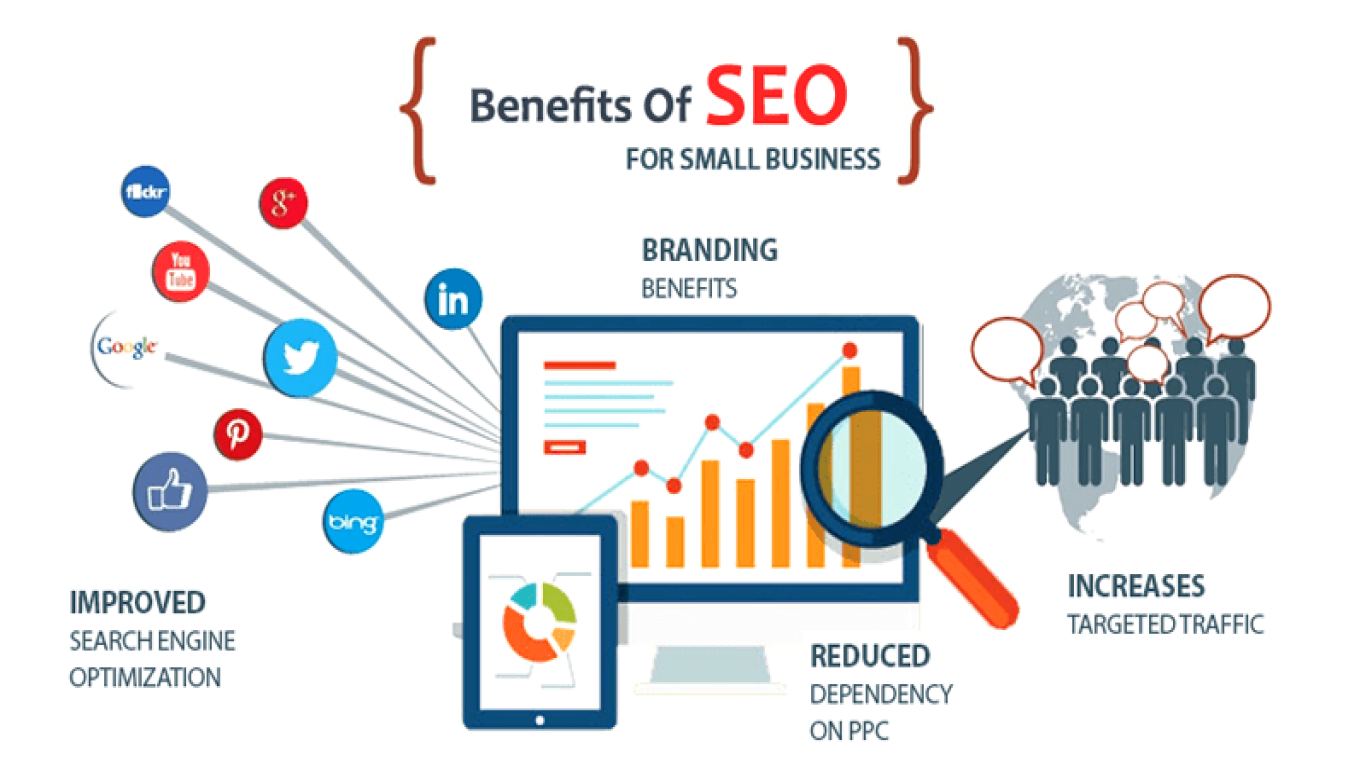SEO Website Strategies for E Commerce
SEO Website Strategies for E-Commerce: Boosting Your Online Store’s Visibility
In today's fast-paced digital world, having a sleek, user-friendly e-commerce website isn't enough. Your website needs to be visible to your target audience, which is where SEO Website Strategies for E-Commerce come into play. Unlocking the potential of SEO on your e-commerce site can elevate your business, driving traffic, increasing sales, and ultimately, bumping up your bottom line. Let’s delve into some solid strategies to ensure your online store stands out.
Why SEO is Crucial for E-Commerce
Imagine having a beautiful store stocked with amazing products but no foot traffic. That's what having a non-optimized e-commerce site is like. SEO drives organic traffic, making your website more discoverable on search engines like Google. It’s not just about attracting traffic; it’s about attracting the right traffic that converts.
Optimizing Your Product Pages for Maximum Traffic
A cornerstone of SEO Website Strategies for E-Commerce is the optimization of product pages. Each product should have its own unique page with an appealing title, compelling description, and high-quality images. Here’s what to focus on:
- Keyword Research: Discover keywords relevant to each product. Think like a consumer—what terms would they use to find your product?
- Unique Descriptions: Avoid using manufacturer descriptions. Craft unique, engaging content that highlights benefits and key features.
- High-Quality Images: Use clear, crisp images with alt texts to aid search engines in comprehending the visuals.
Importance of Mobile Optimization in E-Commerce SEO
In this mobile-driven world, your e-commerce site must be mobile-responsive. More and more consumers shop using their smartphones. If your site isn’t mobile-friendly, you’re potentially losing half your audience. Mobile optimization is not longer an option; it’s a necessity.
Utilizing Backlinks to Leverage Trust and Authority
Acquiring backlinks from high-authority sites is like getting a nod of approval from industry leaders. Google sees this as a vote of confidence, increasing your website's authority. Strategies to earn backlinks include:
- Content Marketing: Create share-worthy content like blog posts or infographics related to your products.
- Influencer Collaborations: Team up with influencers who can promote your products through reviews or testimonials.
Improving Site Speed for Better User Experience
Imagine a customer attempting to browse through your site, but it takes forever to load. Frustrating, right? Site speed impacts not only user experience but also SEO rankings. Faster sites mean happier customers and better rankings. Compress images, use efficient hosting, and utilize tools like Google PageSpeed Insights to check your website’s performance.
Making the Most of Local SEO for E-Commerce Websites
Think local! Even if you're a global brand, optimizing for local SEO can increase visibility. It helps in reaching out to customers who prefer local products or suppliers. Creating a Google My Business profile and using local keywords can make a difference.
Enhancing User Experience with Simplified Navigation
Simple and intuitive navigation keeps customers on your site longer. A clear, easy-to-use website structure helps users find what they're looking for quickly, reducing bounce rates and improving conversions. Implement breadcrumbs, optimize your menu structure, and ensure all links are working.
Leveraging Social Media to Propel E-Commerce SEO
Social media isn’t just for connecting with friends; it’s a potent tool for e-commerce SEO. Sharing product pages or blog posts on platforms like Instagram, Facebook, and Pinterest can drive traffic to your website.
Utilizing Meta Tags Effectively for SEO Enhancement
Meta tags play a crucial role in SEO for e-commerce. They don't directly influence rankings but impact click-through rates. Ensure that your meta titles and descriptions are compelling and relevant to drive more clicks from search results.
Monitoring and Adapting Your SEO Strategy
SEO isn’t a set-it-and-forget-it deal. It’s vital to monitor your progress through tools like Google Analytics. Observe what's working and what's not, and be flexible enough to adapt your strategy accordingly.
Conclusion: The Vital Role of SEO in E-Commerce Success
To wrap it up, having a solid plan for SEO Website Strategies for E-Commerce can make all the difference in a highly competitive online landscape. By optimizing product pages, improving site speed, leveraging backlinks, and utilizing the power of social media and local SEO, you can drive more traffic and increase conversions on your e-commerce site. Remember, SEO is a journey—not a destination. Keep testing, learning, and adapting to ensure your e-commerce site remains at the forefront of your industry.
FAQs
1. What is the biggest SEO challenge for e-commerce sites?
The biggest challenge often lies in optimizing a large number of product pages while maintaining unique content for each, which is crucial for SEO success.
2. How do I choose the right SEO keywords for my e-commerce site?
Conduct thorough keyword research focusing on product-specific terms and user intent to attract the right audience and drive conversions.
3. Can I manage SEO for my e-commerce website on my own?
Yes, with the right resources and tools. However, it may be beneficial to consult with an SEO professional for strategic guidance.
4. How important are product reviews for SEO?
Product reviews add fresh content to your site regularly, which can improve rankings and help build trust with potential customers.
5. Does social media activity impact e-commerce SEO?
While social media doesn't directly affect SEO, it can increase brand exposure and drive traffic to your e-commerce site, which indirectly benefits your SEO efforts.
#seoforecommerce #ecommercestrategies #seooptimization #onlinemarketing #ecommerceseo
